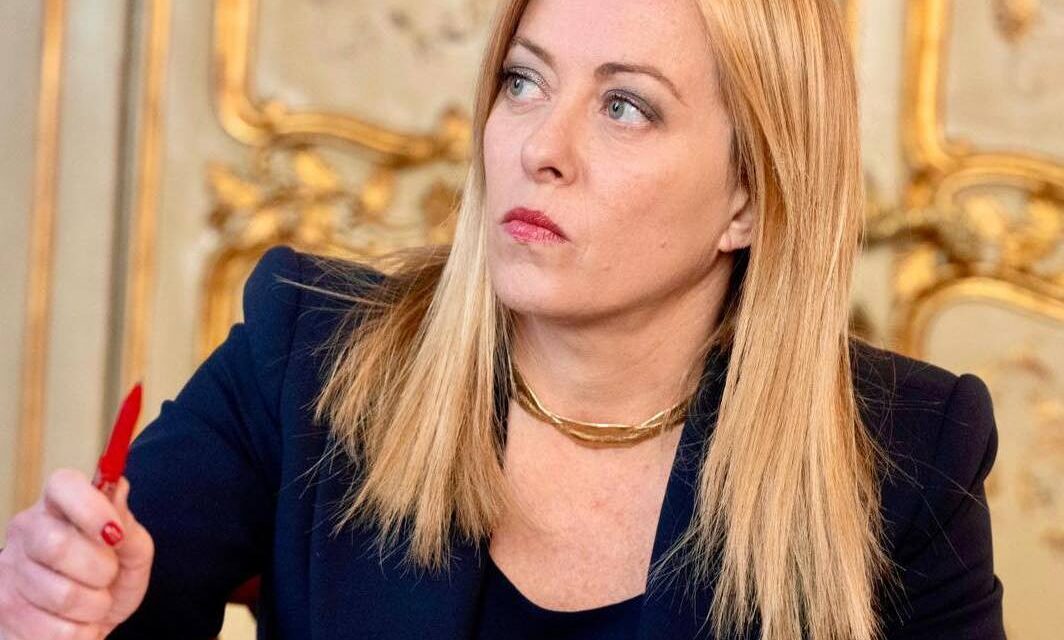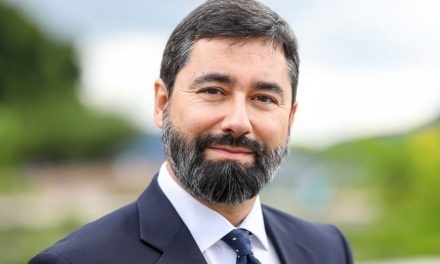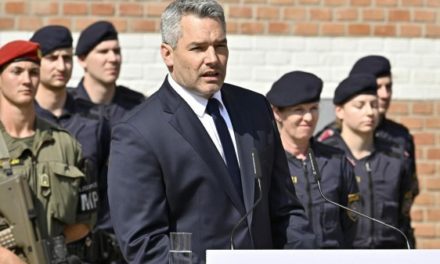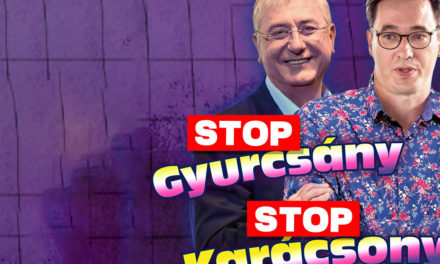The Italian government's decree on Thursday evening lowered the age at which juvenile offenders can be placed in pretrial detention to six years, and also tightened the punishment for parents of children who skip school.
The package of measures was presented by Prime Minister Giorgia Meloni.
"I've had enough of fifteen-year-olds walking the streets with loaded guns who can't be arrested!"
said the Prime Minister. He added that the government does not want to put a single minor in prison, but the situation has "spilled out of control" and therefore the authorities need to act.
The right-wing government decided to tighten the punishment for minor criminals after the police of Caivano, neighboring Naples, disclosed in August that a group of minors and juveniles in a district of the city had abused and raped a 10- and a 12-year-old girl in several cases in the previous months.
The violence was also recorded on video. The father of two members of the group is a well-known figure in the local criminal organization, the Camorra. The families of the little girls were threatened, so the authorities moved them to a protected place.
Prime Minister Giorgia Meloni visited Caivanó on August 31, where she emphasized the state's presence. On September 5, the authorities searched a part of Caivano, considered one of the Camorra's drug markets, where they seized weapons, drugs, and cash.
The current government decree is named after Caivanó: according to the first details presented in government communications, among the measures is the lowering of the minimum age for pre-trial detention from the previous nine to six years. In milder cases, minors up to the age of twelve who have committed a crime are given a so-called warning by the local police chief together with their parents, who can also be fined up to 1,000 euros.
The Ministry of the Interior can also order the banning of people between the ages of 14 and 18 from certain city districts, as is the case with fans banned from stadiums. In order to be banned, it is sufficient for the minor to possess drugs, weapons or other means of attack.
In the first step, the government allocated thirty million euros to support children living in areas with a high crime rate, part of which they want to spend on education and sports activities with the cooperation of local schools, other institutions, and church organizations.
In the case of parents, the exercise of parental authority is revoked if the minor child is a member of a criminal organization. Instead of the previous one-time penalty of thirty euros, parents are sentenced to up to two years in prison if their child does not attend compulsory school until the age of 16. According to last year's data, in the Naples-centered province of Campania, the proportion of people who drop out of compulsory education exceeds sixteen percent, and in Sicily it is twenty-one percent.
In the case of minors who have committed a crime, the authorities can order the use of Internet mobile devices.
At the same time as the decree was born, Giorgia Meloni met the mother of the 24-year-old musician from Naples, Giovanbattista Cutoló, who was shot by a 17-year-old man with three bullets in the center of the city on August 31, in a dispute in front of a beer bar.
According to the parliamentary speech of the Minister of Family Affairs, Eugenia Roccella, children are now exposed to Internet porn sites at the age of six or seven. The government transferred the possible tightening of them to the competence of the legislature.
MTI
Photo: Giorgia Meloni Facebook













